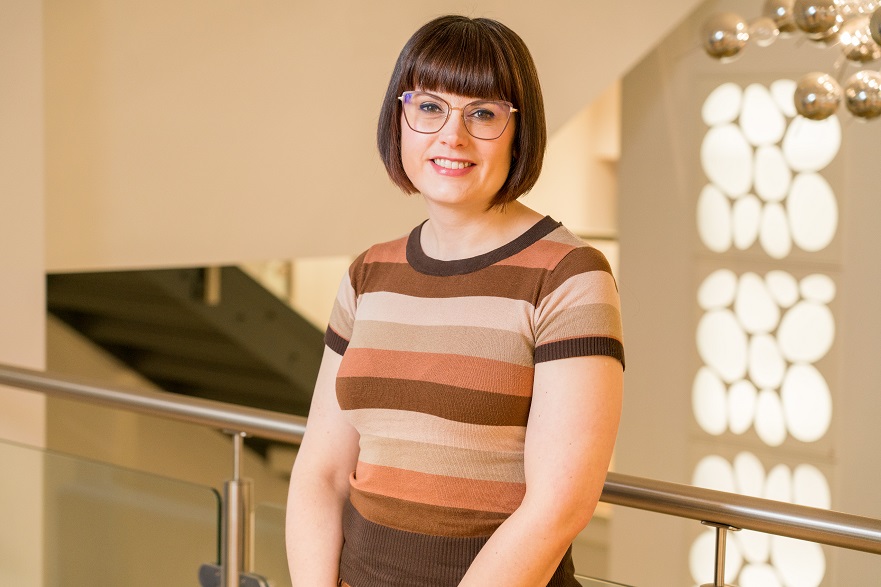Expert blog: What can Queen Elizabeth’s death (and life) tell us about the value of group memberships?
Dr Juliet Wakefield explores the benefits of group belonging and how collective mourning can increase our wellbeing.
By Helen Breese | Published on 13 September 2022
Categories: Press office; Research; School of Social Sciences;

The death of Queen Elizabeth last week has led to large groups of people expressing their grief, as well as their gratitude for her life. Crowds gathered along the route between Balmoral and Edinburgh to catch a glimpse of her funeral cortege, and many people camped out overnight in Edinburgh so that they could file past her coffin in St. Giles’ Cathedral. As a Social Psychologist interested in how group memberships affect people’s health and wellbeing, I think that there are important lessons to be learnt from this period of mourning. For me, this historic event has reinforced the psychological importance of collective experiences.
Although bereavement can be highly stressful (which in turn can harm our health and wellbeing), engaging in group-based activities such as collective mourning provides the opportunity to make sense of one’s feelings by talking with others. Even more importantly, group activities allow individual group members to mutually seek and receive social support, which is known to be an important buffer of stressful experiences, and thus has the potential to enhance health and wellbeing.
These types of collective events can also encourage us to develop a stronger sense of belonging to and bonding with the people with whom we share such events, such as fellow members of our local community. It could be argued that an enhanced sense of belonging and bonding is particularly needed in light of the Queen’s death, since she was often perceived as a figure who sought to unite the nation and provide a sense of continuity during uncertain times - see her COVID-19 broadcast.

Dr Juliet Wakefield, Senior Lecturer in Psychology
Through her words and actions, the Queen also highlighted the importance of developing a sense of duty and helpfulness towards others within our community. In a paper I co-published recently on how experiencing a sense of belonging with the local community positively predicts people’s willingness to receive a COVID-19 vaccine, I mentioned how the Queen drew on this concept of community duty when she encouraged vaccine-hesitant individuals to “think about other people”. We also witnessed the Queen’s sense of community duty during the emotional scenes of her physically distancing from her other family members during the Duke of Edinburgh’s funeral.
Interestingly, the sense of community duty and helpfulness espoused by the Queen is likely to benefit both the recipient and the helper. For example, I, along with other members of the NTU Social Identity Research Group have published research showing that volunteering is associated with feeling a stronger sense of belonging to one’s community, which in turn is associated with increased receipt of social support and enhanced wellbeing. Moreover, we showed that engaging in coordinated help-giving during the COVID-19 pandemic predicted stronger feelings of community belonging, which in turn predicted a greater sense of unity during the pandemic, as well as enhanced wellbeing. These results suggest that the sense of duty to one’s community that the Queen encouraged could have the potential to have important and wide-reaching benefits as local communities work to overcome the disastrous social and economic effects of COVID-19.
In sum, whatever one’s opinion of the monarchy, I think that both the Queen’s life and the nation’s reaction to her death can be perceived as important reminders about the psychological power of groups and collective experiences, as well as how they can benefit our wellbeing during difficult times. We are social animals (as the cliché goes), and we make sense of our complex lives through the prism of our group memberships. We should thus take comfort in (and seek support from) our fellow group members during the inevitable vicissitudes of life.
Dr Juliet Wakefield is a Senior Lecturer in Psychology at NTU's School of Social Sciences. Juliet's research interests lie within the domains of Social Identity Approach, and the implications of group membership for people's everyday lives. Twitter: @drjwakefield